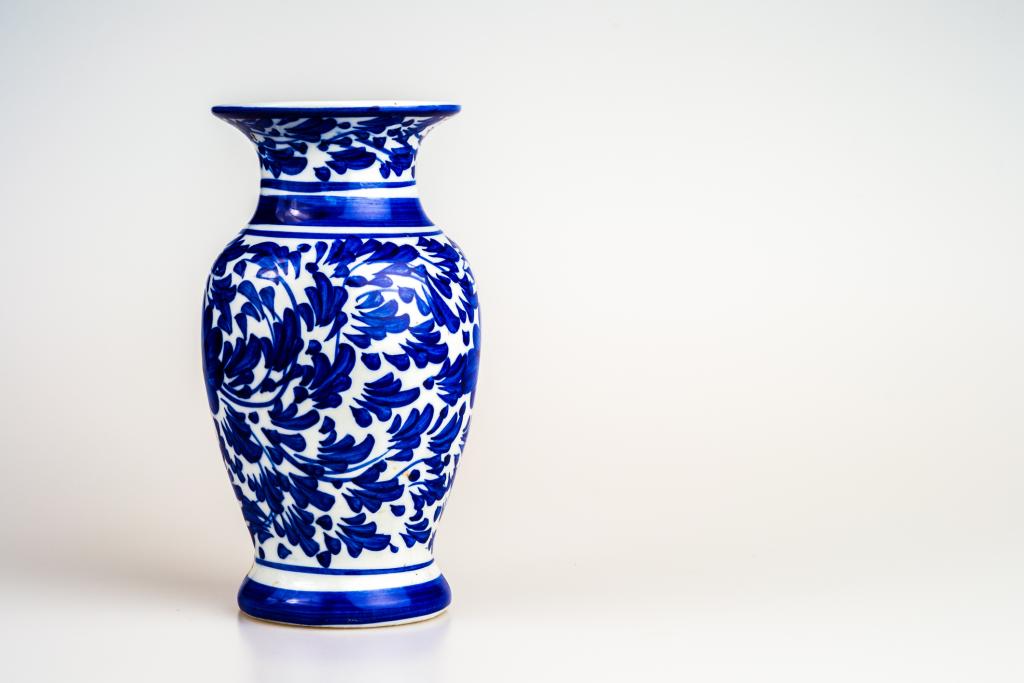
When assessing how the finances are to be carved up on divorce, the starting point for the court is that matrimonial property should be divided equally between the parties (i.e., the sharing principle). This is not to say that non-matrimonial property will never be taken into account on divorce, but on the whole, this is less likely. It is, therefore, useful to distinguish between matrimonial and non-matrimonial property.
Matrimonial property
Property that is built up or acquired from the point a couple begin cohabiting until the date of their separation is usually considered matrimonial property. This tends to include, for example, the family home. As above, the sharing principle would tend to apply to this type of property on divorce.
Non-matrimonial property
Non-matrimonial property includes those assets that fall outside the definition of matrimonial property on divorce. Property that was held before a couple began living together, or that which is acquired after they separate can sometimes be considered non-matrimonial. In the case of inherited assets, the presumption is that no matter when these are acquired (whether before, during, or after a married couple are together), they are non-matrimonial, provided they have not been mingled.
Mingling
Mingling means mixing it with either other matrimonial property or with the other spouse. For example, if an inheritance is transferred into an account in the joint names of a husband and wife, that inheritance might be said to have been mingled or ‘matrimonialised’. Mingling is less likely to apply to a tangible asset, such as a valuable family heirloom that has been inherited. Whilst this may suggest an heirloom is less susceptible to the sharing principle or mingling, that alone does not mean that it will not be considered in the context of divorce.
Family heirloom taken into account on divorce?
Where there is insufficient in the way of matrimonial assets to meet the needs of both parties to a divorce, it may be appropriate to take account of the heirloom’s value in the overall division. Whilst it is unlikely that the court would order its sale, it is not out of the question and in the most extreme of circumstances, for example, where the heirloom is the only asset of any material value, it is possible to envisage that the court may have to eventually resort to that.
Much will depend on the specifics of your situation, how long you and your spouse have been married and a number of other key factors. If you or your spouse have inherited a valuable family heirloom and you are contemplating divorce, please get in touch with our family law team, and we would be happy to assist.
